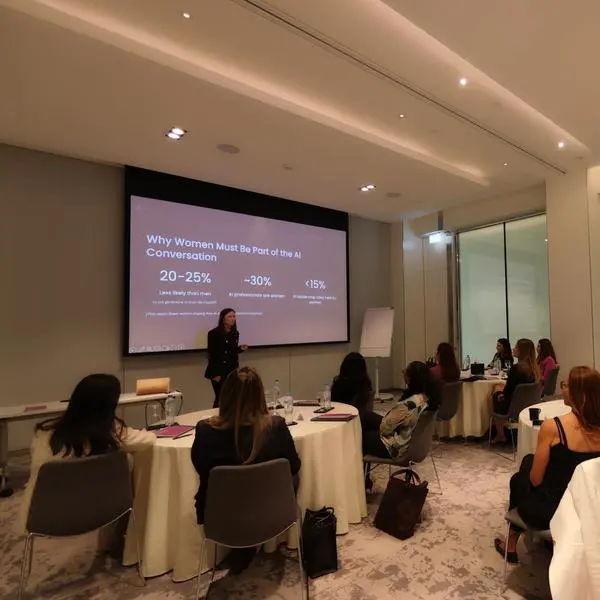PHOTO
Bachelor of Pharmacy Receives International Certification from ACPE
Ajman University’s Bachelor of Pharmacy program has been granted International Certification by the US-based Accreditation Council for Pharmacy Education (ACPE).
The ACPE’s favorable decision comes after due consideration of the Evaluation Team Report (ETR), the College’s Self-Study Report, and the recommendations of ACPE’s International Commission. This prestigious certification renders AU’s BPharm program to be internationally recognized for its quality and outcomes.
According to the International Pharmaceutical Federation (FIP), the official number of pharmacy schools outside the United States is 1,945. As one of only 11 non-American universities to earn ACPE certification, AU is proudly part of an elite 0.6% of pharmacy colleges with these credentials.
Recently, ACPE increased its international certification criteria from 19 to 26 measures and Ajman University is among the first cohort of institutions outside the United States to receive this certification under the new band of criteria. AU is the second institution in the UAE to earn certification; only five other programs in the Arab region were ever certified before AU.
Dr. Karim Seghir, AU Chancellor pointed out, while expressing his pride at this noble achievement, “The ACPE Certification — the most sought-after status for any pharmacy college around the world — is an objective testimony to the top quality of the teaching and research taking place at Ajman University and the College of Pharmacy, relative to international standards. It is an indication of the high caliber of the faculty, staff students, alumni and partners of the University and its College of Pharmacy and Health Sciences. We are very proud of this achievement, which places AU’s College of Pharmacy in the top 11 colleges outside the US and in the top 6 colleges in the Arab World and on par with the best in the world. This accomplishment strengthens AU’s positioning on the global map of higher education, which is an integral part of our strategic goals. ”
Dr. Nageeb Hassan, Dean College of Pharmacy and Health Sciences elaborated that pharmacy education in the Arab world is gaining momentum and students are seeking this specialization because of its diverse job opportunities. This certification is a privilege and responsibility that ensures our BPharm program holds up to international standards.
About ACPE:
ACPE sets standards for the education of pharmacists -to prepare them for the delivery of pharmacist-provided patient care. Since 1932, ACPE has worked with educational institutions and organizations to assure excellence is available for people in the pharmacy profession.
© Press Release 2018Disclaimer: The contents of this press release was provided from an external third party provider. This website is not responsible for, and does not control, such external content. This content is provided on an “as is” and “as available” basis and has not been edited in any way. Neither this website nor our affiliates guarantee the accuracy of or endorse the views or opinions expressed in this press release.
The press release is provided for informational purposes only. The content does not provide tax, legal or investment advice or opinion regarding the suitability, value or profitability of any particular security, portfolio or investment strategy. Neither this website nor our affiliates shall be liable for any errors or inaccuracies in the content, or for any actions taken by you in reliance thereon. You expressly agree that your use of the information within this article is at your sole risk.
To the fullest extent permitted by applicable law, this website, its parent company, its subsidiaries, its affiliates and the respective shareholders, directors, officers, employees, agents, advertisers, content providers and licensors will not be liable (jointly or severally) to you for any direct, indirect, consequential, special, incidental, punitive or exemplary damages, including without limitation, lost profits, lost savings and lost revenues, whether in negligence, tort, contract or any other theory of liability, even if the parties have been advised of the possibility or could have foreseen any such damages.




















